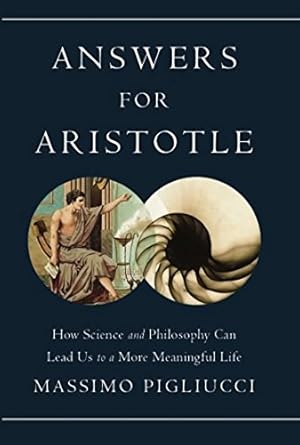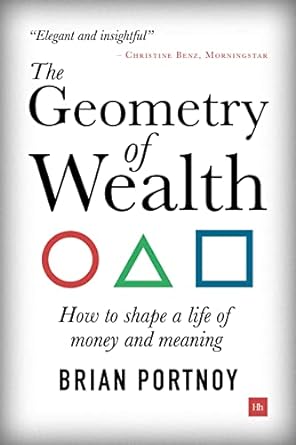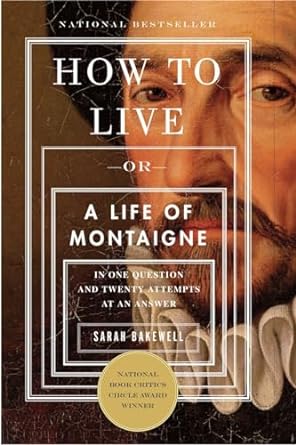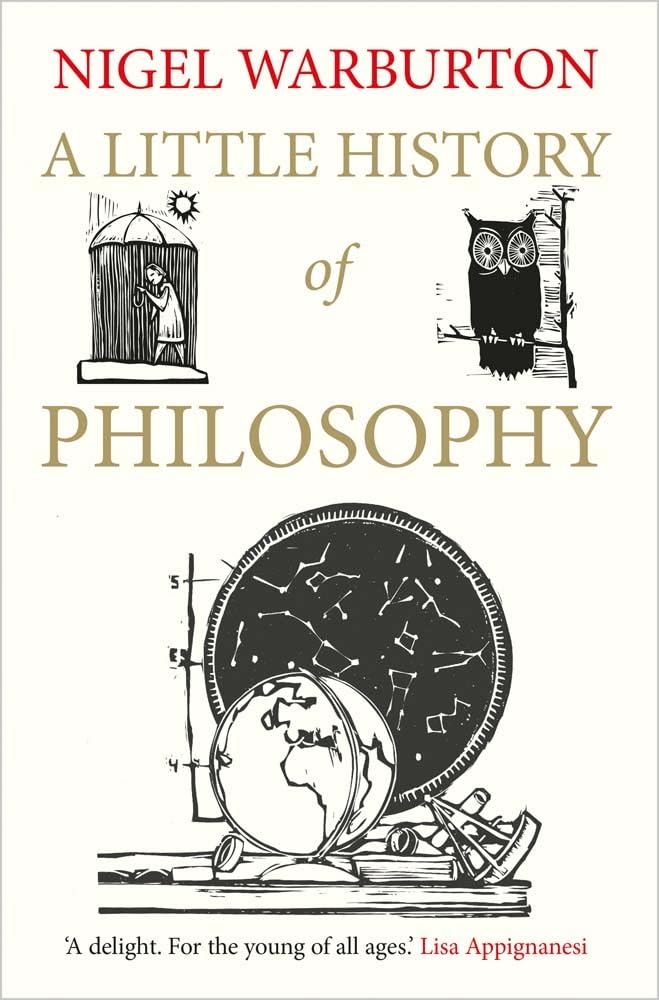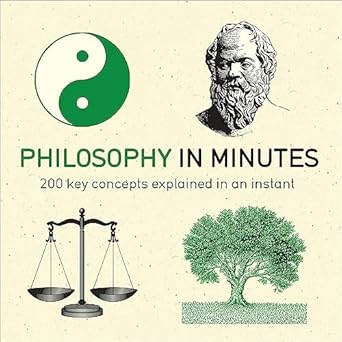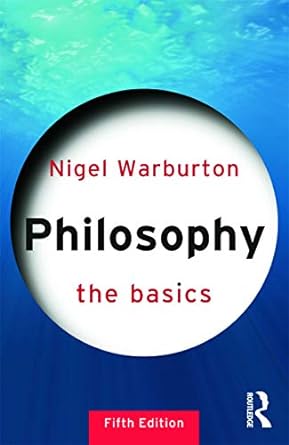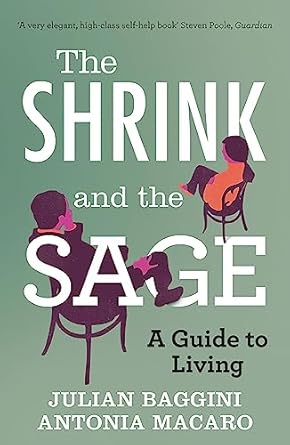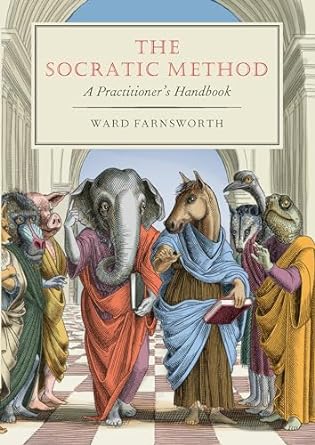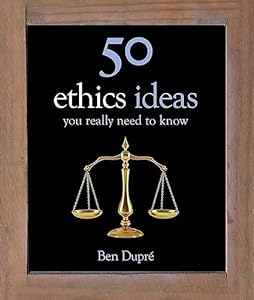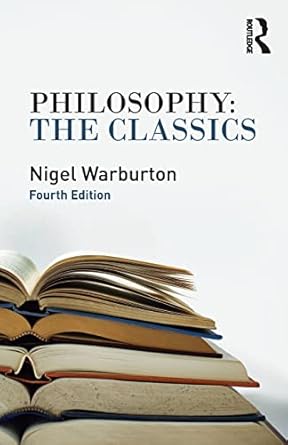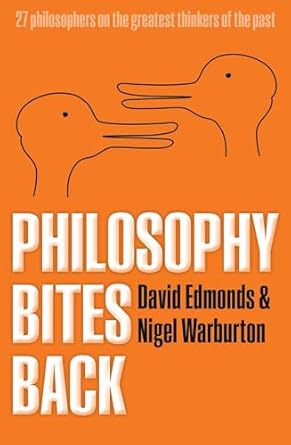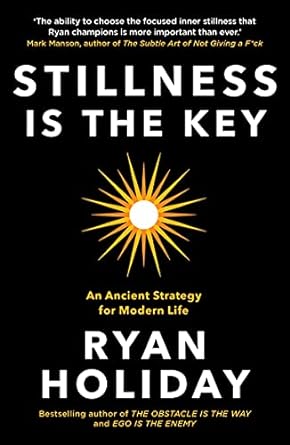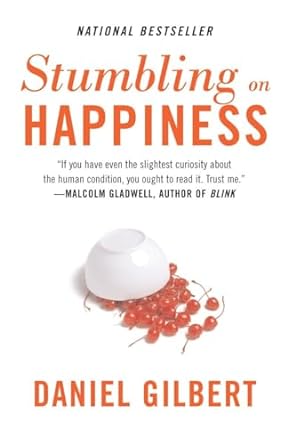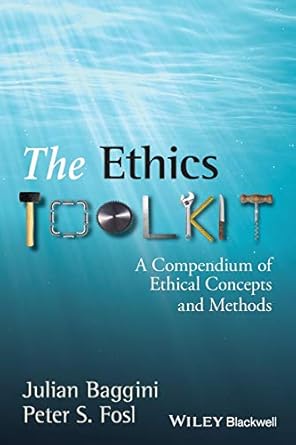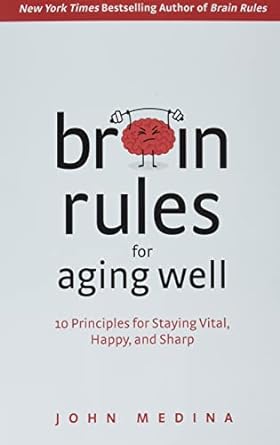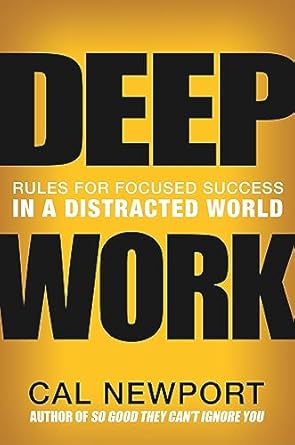Eudaimonia
Eudaimonia is a Greek word derived from ancient Greek philosophy, which is often translated to broadly mean "human flourishing", "happiness", "to live virtuously". It is a word that is often central to the question of "how to live a good life".
Key Insights & Principles
Personal Development & Living a Good Life
Insights:- Achieving eudaimonia is about self growth and impacting the world in a positive way.
- The Greeks and Montaigne believed in "ataraxia" or "freedom from anxiety", by keeping an even keel through control of one's emotions, as a path towards eudaimonia.
- Most philosophers agree that happiness is a component of "living a good life". The main difference in the schools of philosophy on the path to eudaimonia relates to experienced happiness vs reflective happiness. The former generally relates to feelings of pleasure and the hedonistic approach to life championed by Epicurus, whereas reflective happiness relates to fulfilment and virtuous living that requires introspection and an objective, outside perspective of one's life in full.
- According to Aristotle, living virtuously involves intelligent judgement about what actions to take relative to the situation one is in. This requires building wisdom through effort and experience.
- Act according to your conscience and wisdom.
- Focus on self growth and improvement.
- Consider the impact you have on others and the world with each action you take.
- Aim to preserve your emotional wellbeing and balance.
- Take the time to reflect on the actions you take.

